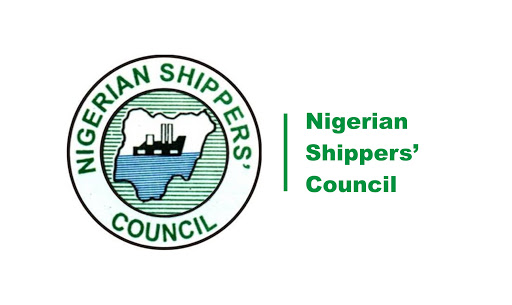A coalition of 69 international nongovernmental organizations, led by Corporate Accountability and Public Participation Africa (CAPPA), has urged the United Nations International Maritime Organization (IMO) to reject biofuels as a Global Fuel Standard (GFS) for international shipping.
The IMO’s GFS is a technical measure aimed at reducing greenhouse gas (GHG) emissions from ships, in line with its decarbonization goals.
Greenhouse gas emissions from ships refer to the release of gases, primarily carbon dioxide, methane, and nitrous oxide, that trap heat in the atmosphere and contribute to global warming.
The emissions resulting from the burning of fossil fuels such as heavy fuel oil, marine diesel, and liquefied natural gas (LNG) used to power ships.
The NGOs, however, argued that biofuels threaten rainforests, local communities, and food security in host countries, stressing that the inclusion of biofuels in GFS would undermine the goals by exacerbating environmental and social issues.
In an open letter to the IMO Secretariat on February 17, 2025, the coalition called on the IMO’s 176 member States to oppose the use of biofuels and instead adopt a clean energy future for global shipping.
They emphasized the importance of designing the GFS based on stringent life-cycle assessment guidelines that exclude biofuels to protect the climate, environment, and livelihoods of people worldwide.
The letter precedes final negotiations in London on key climate laws for international shipping, where decisions on fuel and technology choices will determine the industry’s future environmental impact.
Noting that shipping accounts for five per cent of global oil consumption, surpassing all but China and the United States, the NGOs pointed out that some nations and corporations plan to replace fossil fuels with biofuels, but the organizations warn this could lead to greater environmental harm.
They stressed that biofuels contribute to deforestation, water and land grabbing, food insecurity, and ecological damage.
Instead, they said the IMO should focus on demand reduction, efficiency improvements, and incentivizing truly clean energy solutions.
The letter also highlighted the IMO’s commitment to achieving net-zero GHG emissions by around 2050, as outlined in its Revised GHG Strategy adopted in July 2023, while the GFS is expected to be finalized in April 2025, a crucial policy in this effort.
The NGOs raised concerns over Brazil’s strong push for biofuels in shipping, suspecting it is driven by efforts to expand its global market rather than sustainability.
The NGOs warned that as Brazil prepares to host COP30 in November 2025, its expanding palm oil industry, linked to water pollution and illegal land grabs risks worsening these issues due to increased shipping demands.
With research suggesting that biofuels from vegetable oils, particularly soy and palm oil, which may emit more than fossil diesel, the NGOs warned that their production deepens gender inequalities, endangering women’s livelihoods and food security.
Instead, they advocate for stricter efficiency standards, innovative ship designs, and propulsion technologies like wind assistance to reduce shipping’s environmental impact.





